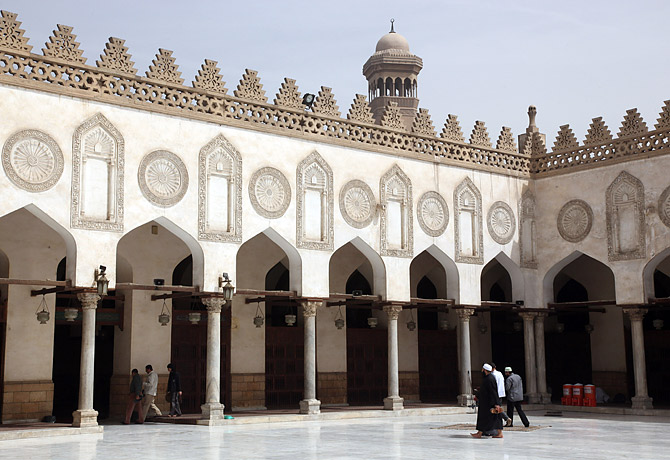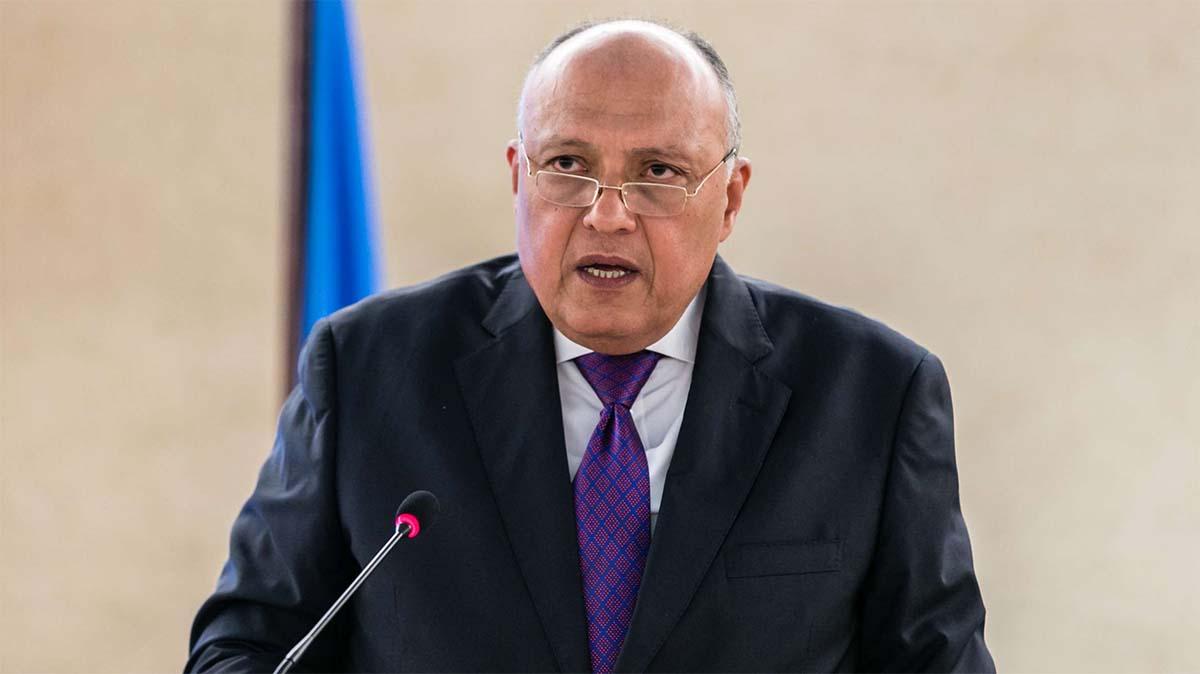Australian Prime Minister Anthony Albanese announced on Monday that his country will formally recognise a Palestinian state at the United Nations General Assembly this September, while New Zealand’s foreign minister said his country is considering the matter but a decision will not be made before then.
Speaking at a press conference in Canberra after a cabinet meeting, Albanese said the recognition would be conditional on commitments from the Palestinian Authority and that there “can be no future for Hamas in a Palestinian state”. He noted he had discussed the matter with the leaders of Japan, Britain, New Zealand and Israel.
Albanese said the situation in Gaza had “exceeded the world’s worst fears” and that there was now an opportunity to “achieve the right of self-determination for the Palestinian people”.
“Pivotal moment”
The Australian prime minister said a “pivotal moment” leading to the decision was the historic “New York Declaration” issued by the two-state solution conference, co-chaired by Saudi Arabia and France at the United Nations in late July. He said the conference had issued a “clear and unequivocal declaration about Hamas having no future role”.
The New York Declaration, which was followed by similar announcements of intent from Britain and Canada, has stressed that the Palestinian Authority must be the sole entity authorised to govern and enforce law and security in all Palestinian territories, with appropriate international support.
The final communique from that conference welcomed the Palestinian Authority’s “one state, one government, one law, one weapon” policy and expressed “support for its implementation, including a disarmament and reintegration process within an agreed-upon mechanism, with international support and within a specific timeframe”.
Israel “defying” international community
Albanese added that Israel continues to defy international law, and said he had told Israeli Prime Minister Benjamin Netanyahu that a “political, not a military, solution” is needed in Gaza. He described the conversation with Netanyahu as “polite”.
On Saturday, Albanese had stated that Australia’s recognition of a Palestinian state was a matter of “when, not if”, increasing expectations that an announcement was imminent. Foreign Minister Penny Wong said she had informed U.S. Secretary of State Antony Blinken of the decision in advance.
The Sydney Morning Herald had earlier reported on Monday that Foreign Minister Wong spoke with her Israeli counterpart, Gideon Sa’ar, on Sunday to inform him that an announcement was expected within days.
The move marks a shift in Australia’s long-standing policy, which had considered recognition of a Palestinian state as a final step in a peace process. However, last year Wong signalled a change, stating the government was “open to early recognition as a means to contribute to stimulating the peace process, by encouraging the Palestinian leadership to modernise, and pushing Israel to focus on peace”.
New Zealand: Decision in September
Meanwhile, New Zealand’s Foreign Minister Winston Peters said on Monday that his government is “carefully considering” the recognition of a Palestinian state and that a decision would be made in September. “The humanitarian catastrophe in Gaza is deservedly at the top of the global agenda,” he said.
In a formal statement, Peters said he had briefed the cabinet on Monday about the issue, ahead of a formal consideration in September.
“Some of our closest partners have chosen to recognise a Palestinian state, and some have not. Ultimately, New Zealand has an independent foreign policy, and on this issue we intend to carefully consider the matter and then act in accordance with our principles, values and national interests,” he said.
He noted that New Zealand has “long been clear that the question of our recognition of a Palestinian state is a matter of ‘when’ not ‘if’.”
“In September, Cabinet will make a formal decision on whether New inZealand should recognise the state of Palestine at this time, and if so, when and how,” he added.
Peters said his country is giving weight to whether the “pre-conditions for a viable and legitimate Palestinian state, in security, political, diplomatic and economic terms, are in place”. He stated his government would have to “assess whether sufficient progress has been made on these fronts to justify a New Zealand recognition of a Palestinian state at this stage”.
He said New Zealand was taking a “considered, methodical, and deliberate” approach to the issue and would consider the rapidly deteriorating conditions on the ground, the division among close partners, and the clear position of several Arab states that Hamas must have no future role in governance.
Peters is scheduled to travel to New York in late September to participate in the UN Leaders’ Week, where he will present the government’s position.


